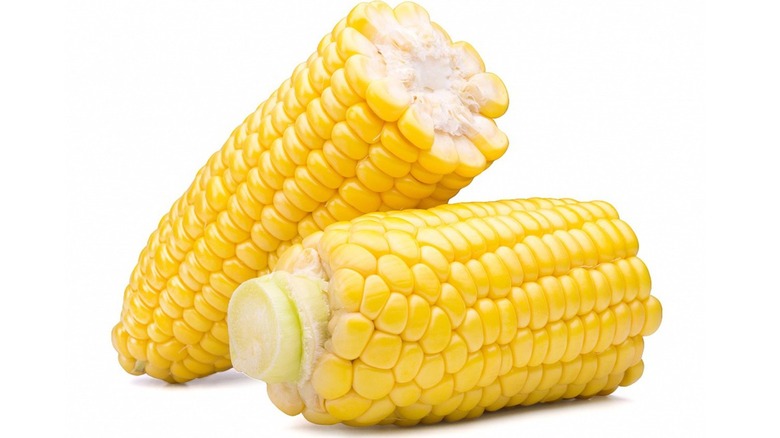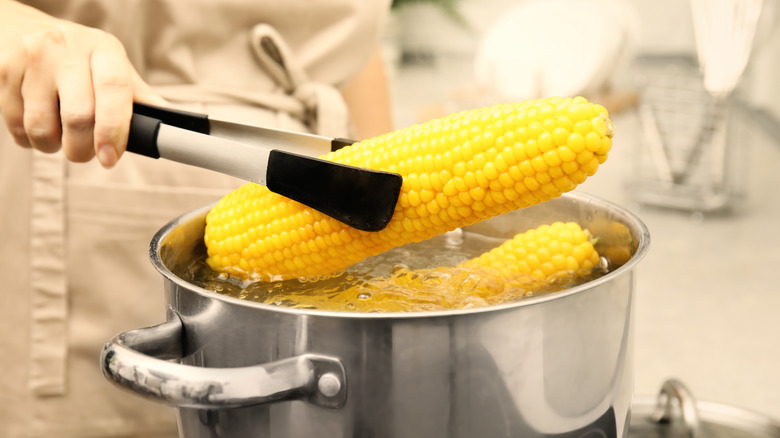Before You Throw Out Half-Eaten Corn Cobs, Freeze Them
The realities of food waste seem unbelievable: More than 130 billion pounds of food are wasted every year in the U.S. alone. Sometimes, crops rot in the fields or go bad in grocery stores, but food waste in home kitchens is a major problem, too.
Next time you peel vegetables, for example, you shouldn't throw out the scraps. For example, the next time a recipe calls for mushrooms, you should save the stems in the freezer for the next time you're cooking steak or meatloaf. With corn, for example, after you cut the kernels off a cob of corn, toss it into the freezer to keep it in tip-top shape for later. Give your pasta some sweetness by adding a frozen cob to the boiling water, or use the cobs as the base of vegetable stock for a delicious soup or chowder.
@177milkstreet Recipe only calls for egg whites? Freeze the yolks! On day two of Food Waste Week, #MilkStreetCookingSchool education director Rosie Gill is here to help you use your freezer to its full potential. #milkstreet #milkstreetfoodwasteweek #foodwaste #earthday #frozenfoods #milkstreettips #tips #food #cooking #reducingfoodwaste
And in fact, corn is one of the most helpful ingredients you can pop in the freezer for later. Rosie Gill, the education director for the food and cooking organization Milk Street, calls saved cobs "frozen gold." So what should you do with your leftover cobs?
Here's the truth on using your freezer to save corn cobs and fight waste
We've used freezers our whole lives; clearly, we know how to use them, right? Not necessarily. There are plenty of ways we've actually been using our freezers wrong this whole time. Cramming leftovers in the freezer without leaving room for air to circulate can make your life harder in the long term, and putting foods in the freezer when they're too hot can be a disease risk. And when it comes to corn, it's especially important to do things the right way.
Corn seems hardy, but storing corn on the cob the right way actually requires more attention than we think. If you're planning on freezing your corn, whether whole ears or just the cobs without kernels, you should blanche them. Dip cobs into boiling water for a short time, then place them in an ice bath; once you've dried them off, wrap them tightly in plastic wrap.
Blanching vegetables helps preserve quality, but another real reason is to lock in nutrients and flavor, too. Once your leftover corn cobs are safely frozen, they'll stay delicious until you're ready to use them. Not only do you save food from the landfill, but you'll have tastier meals, too.

